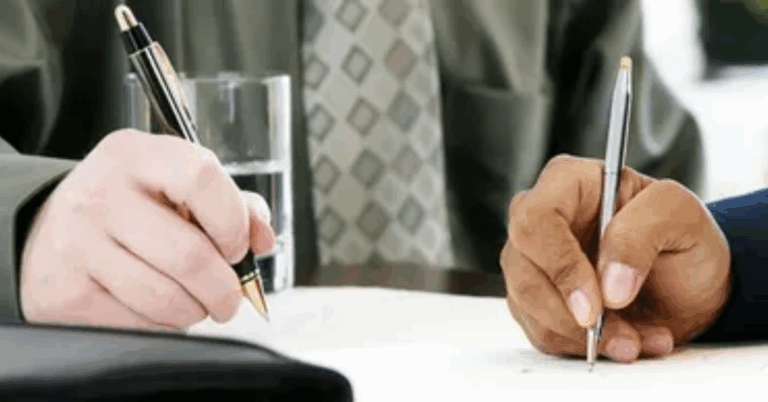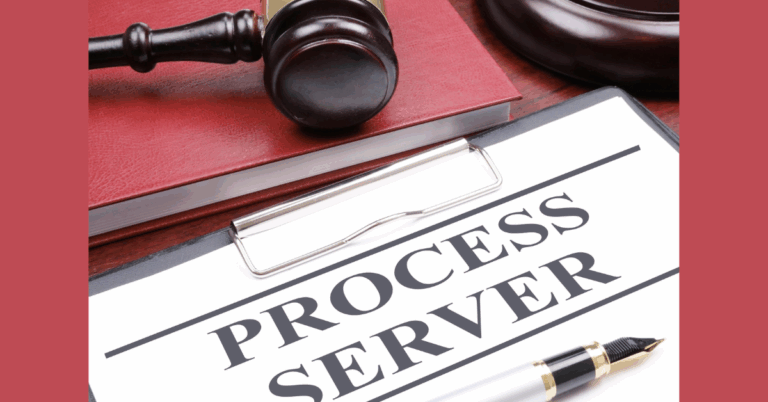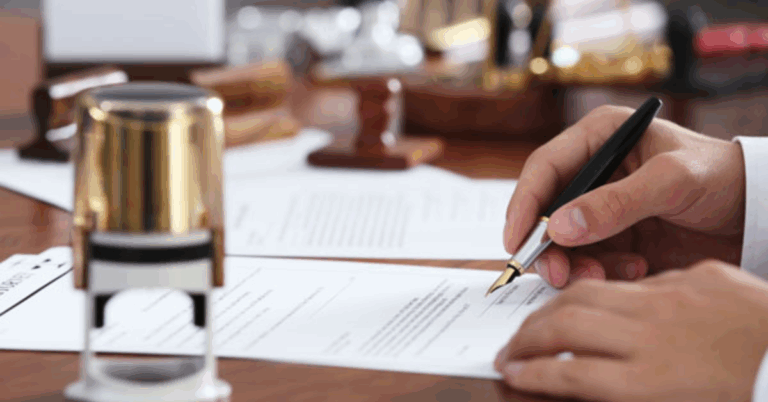Understanding the Apostille Process: A Complete Guide to Document Legalization
In today’s globalized world, many individuals and businesses require the authentication of documents to use them in foreign countries. Whether you are applying for a job abroad, pursuing higher education, or conducting international business, the Apostille Process plays a crucial role in ensuring your documents are legally recognized overseas. This comprehensive guide will walk you through everything you need to know about the apostille process — what it is, why it’s important, and how to get it done efficiently.
What is an Apostille?
An apostille is a form of authentication issued to documents for use in countries that are part of the Hague Convention of 1961. This certification verifies the authenticity of the document, ensuring that it is accepted by foreign governments without the need for further legalization.
The apostille serves as a standardized method of certifying public documents such as birth certificates, marriage certificates, educational degrees, and commercial documents, allowing them to be recognized internationally.
Why is the Apostille Process Important?
When you intend to use official documents in a foreign country, simply having the original or a notarized copy is not enough. Each country has its own rules regarding the acceptance of foreign documents. The apostille process simplifies this by providing a universally accepted certification that guarantees the document’s legitimacy.
Without an apostille, your documents may be rejected, causing delays and complications in your international dealings. This is especially important for:
-
Students applying to universities abroad
-
Professionals seeking employment overseas
-
Businesses involved in international trade
-
Individuals applying for visas or immigration
-
People getting married or adopting in foreign countries
Which Documents Require an Apostille?
Not all documents need an apostille, but common types that often do include:
-
Birth, marriage, and death certificates
-
Educational transcripts and diplomas
-
Power of attorney documents
-
Corporate documents like certificates of incorporation
-
Court documents and affidavits
-
Notarized documents
It’s essential to confirm whether your specific documents require an apostille based on the country and purpose of use.
The Apostille Process Explained
Step 1: Identify the Appropriate Authority
The apostille process begins with identifying the Competent Authority in your country authorized to issue apostilles. In most countries, this is typically a government office such as the Ministry of Foreign Affairs, Department of State, or designated legal department.
Step 2: Document Preparation
Before submitting your documents for apostille, ensure they are in their final, original form. Some documents may need to be notarized or certified by a local authority first. For example, if you have an educational certificate, you might need a notarized copy or certification from the educational institution.
Step 3: Submit Your Documents for Apostille
Once prepared, you submit your documents to the Competent Authority. This can be done in person or via mail, depending on the country’s procedures. Some offices may require an appointment.
Step 4: Verification and Issuance
The Competent Authority will verify the authenticity of the signatures, stamps, and seals on your documents. Upon successful verification, the apostille certificate is attached to the document, certifying its authenticity for international use.
Step 5: Receive Your Apostilled Document
After processing, which can take anywhere from a few days to a few weeks, you receive your apostilled document ready for use abroad.
Common Challenges in the Apostille Process
While the apostille process might seem straightforward, many individuals face challenges such as:
-
Confusing the apostille with other forms of legalization
-
Not knowing which documents require apostille
-
Preparing documents incorrectly (e.g., missing notarization)
-
Delays caused by incorrect submissions or incomplete paperwork
-
Navigating varying apostille procedures depending on the country
These challenges underscore the importance of consulting with professionals or services specializing in apostille processing to avoid costly mistakes and delays.
How a Professional Apostille Service Can Help
Using a dedicated apostille service offers several benefits:
-
Expert Guidance: Professionals help you understand which documents require apostille and ensure all paperwork is in order.
-
Time Efficiency: They manage appointments, submissions, and follow-ups, saving you time and hassle.
-
Error Reduction: Experts minimize the risk of rejection by preparing documents correctly.
-
Convenience: Many services offer courier pickup and delivery, making the process seamless.
-
Updates: You receive timely updates on the status of your apostille application.
Working with a trusted apostille service is particularly valuable for individuals and businesses handling multiple or complex documents.
Apostille vs. Legalization: What’s the Difference?
It’s important to understand the difference between apostille and legalization, as they are often confused:
-
Apostille: Used exclusively between countries that are part of the Hague Apostille Convention. It is a streamlined certification method that replaces the need for further legalization.
-
Legalization: Required for countries not part of the Hague Convention. Legalization involves multiple steps, including certification by the issuing country’s foreign office and authentication by the embassy or consulate of the destination country.
Knowing which process applies to your documents can save you time and money.
Apostille Process Timeline
The timeline for obtaining an apostille depends on several factors such as document type, country-specific procedures, and volume of requests. Generally:
-
Standard processing: 3 to 10 business days
-
Expedited processing: Available at some offices for an additional fee, reducing time to 1-3 days
Planning ahead and submitting documents well in advance of your deadline is always advisable.
Cost of Apostille Services
The cost varies depending on the country and type of document. Fees may include:
-
Government apostille fee
-
Notarization fees (if required)
-
Service charges from apostille providers
-
Courier or postage costs
Requesting a detailed quote from your apostille service provider ensures transparency and helps you budget accordingly.
Tips for a Smooth Apostille Process
-
Verify if your destination country is part of the Hague Apostille Convention.
-
Confirm the exact documents required for apostille.
-
Check if notarization or additional certification is needed before apostille.
-
Use a reputable apostille service to avoid mistakes.
-
Keep copies of all documents submitted.
-
Track your application status regularly.
Conclusion
The apostille process is an essential step in authenticating documents for international use. Understanding how it works, what documents are involved, and the necessary steps can save you from unnecessary delays and frustrations. Whether you are an individual planning to study, work, or settle abroad, or a business dealing with international contracts, ensuring your documents are apostilled correctly is crucial.
By choosing a professional apostille service, you can streamline the entire process, allowing you to focus on your core goals without worrying about legal hurdles.
Frequently Asked Questions (FAQ)
Q1: What countries require an apostille?
A: Only countries that are members of the Hague Apostille Convention require an apostille. If your destination country is not a member, you will need to follow the legalization process.
Q2: How do I know if my document needs an apostille?
A: Documents intended for use in Hague Convention countries typically require an apostille. It’s best to check with the receiving authority or consult an apostille service.
Q3: Can I get an apostille for any document?
A: No, only certain public documents issued by authorities can be apostilled. Private agreements or personal documents generally do not qualify.
Q4: How long does the apostille process take?
A: Processing times vary but generally take between 3 to 10 business days. Expedited services may shorten this to 1-3 days.
Q5: Can I apostille documents issued by foreign countries?
A: No, apostilles are issued only by the country that issued the original document.
Q6: What if my country is not part of the Hague Apostille Convention?
A: You must use the legalization process, which often involves certification by multiple government agencies and the embassy of the destination country.
Q7: Is notarization always required before apostille?
A: Not always, but many documents do require notarization before apostille certification. This depends on the document type and local laws.
Q8: Can an apostille be obtained online?
A: Some countries offer online submission and tracking, but the actual apostille certificate is a physical document attached to the original.





